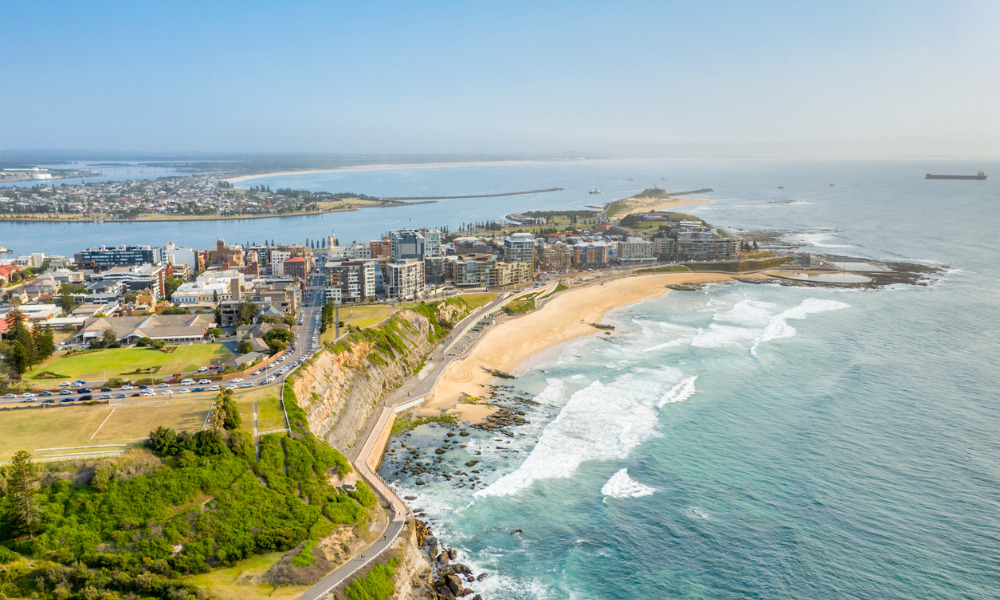
Leaders express confidence as state emerges from Omicron surge

Businesses in New South Wales have recently expressed confidence in the state’s economy as it recovers from the COVID-19 pandemic, but groups have also shown concern over growing business costs.
Based on a report from the Business Conditions Survey conducted by Business NSW between April and May, employers said that they “no longer feel that they are in crisis mode” after the difficult challenges they faced during the Omicron surge early this year.
The survey, conducted during April and early May, shows businesses no longer feel in “crisis mode” that gripped the economy during the Omicron scourge of January. Although companies have been given a respite, the group pointed out that trading conditions in the market have been “volatile” and signs of “a multispeed economy” are apparent as different sectors and businesses are recovering at a different pace.”
“Some have seen their operations back on track, while many others are still struggling,” Business NSW said. Still, the group commended the state government for taking “swift action to deploy business support measures during Omicron.” It could be recalled that it launched a $1 billion business support package for qualified and eligible employers.
“It’s now pleasing to see that confidence is returning following the depths of the January despair,” Business NSW chief executive Daniel Hunter said in a media release.
“While confidence is still classified as being in negative territory, there has been a huge uplift this quarter, with the threat of lockdowns behind us,” Hunter added.
As to the survey results, the group said that it reflected the recent surge in fuel and commodity prices in both global and domestic markets. Transport and materials for production were reportedly the two categories with the highest proportion of respondents reporting price increases of over 10%.
With the growing pressure of business expenses, employers have been confronted with the “most common way to deal,” which is, reducing the profit margin and raising prices.
“More than half of the business owners surveyed said that wages were their biggest expense,” Hunter said. “Central to the concerns over the costs of doing business are costs associated with insurance, with almost 80% of businesses reporting a rise in the cost of insurance in the past year, with a quarter of those surveyed revealing those increases were more than 10%,” he added.
“One of the more extreme measures – having to temporarily close their business – was reported by a small but non-trivial proportion of respondents,” Business NSW reported.